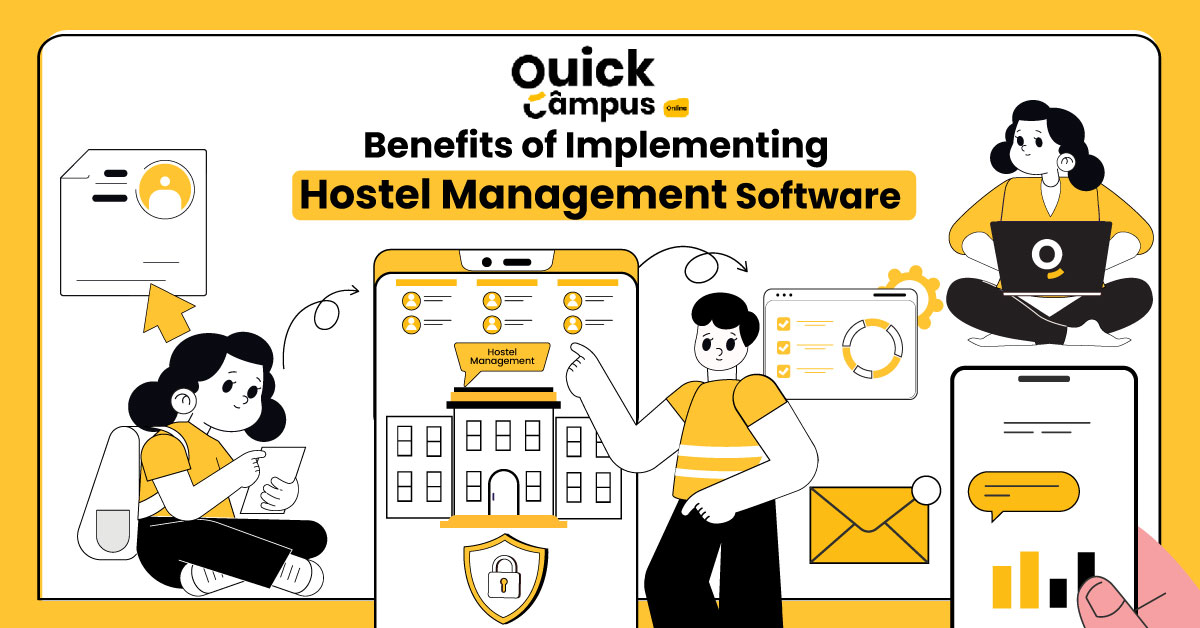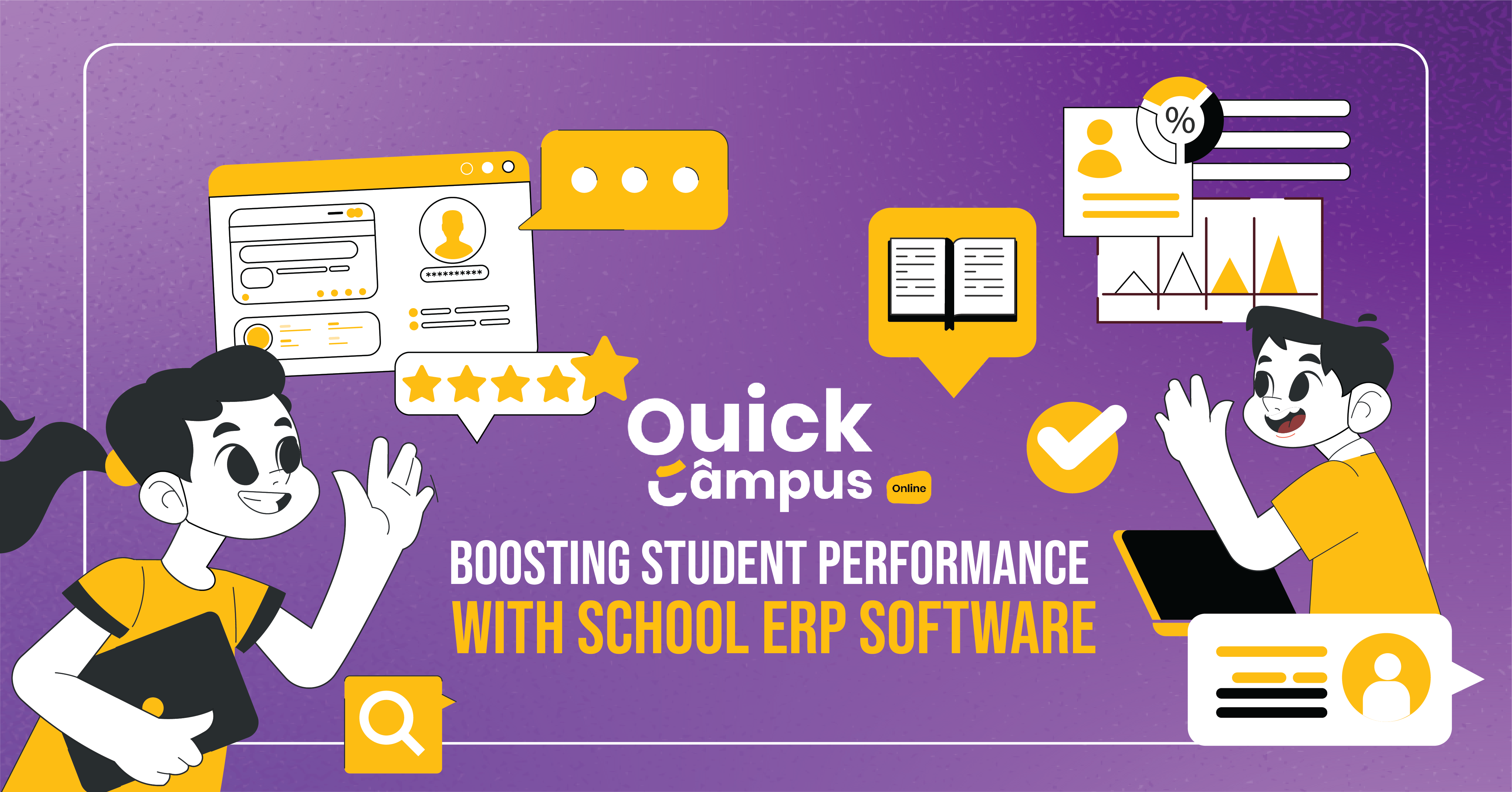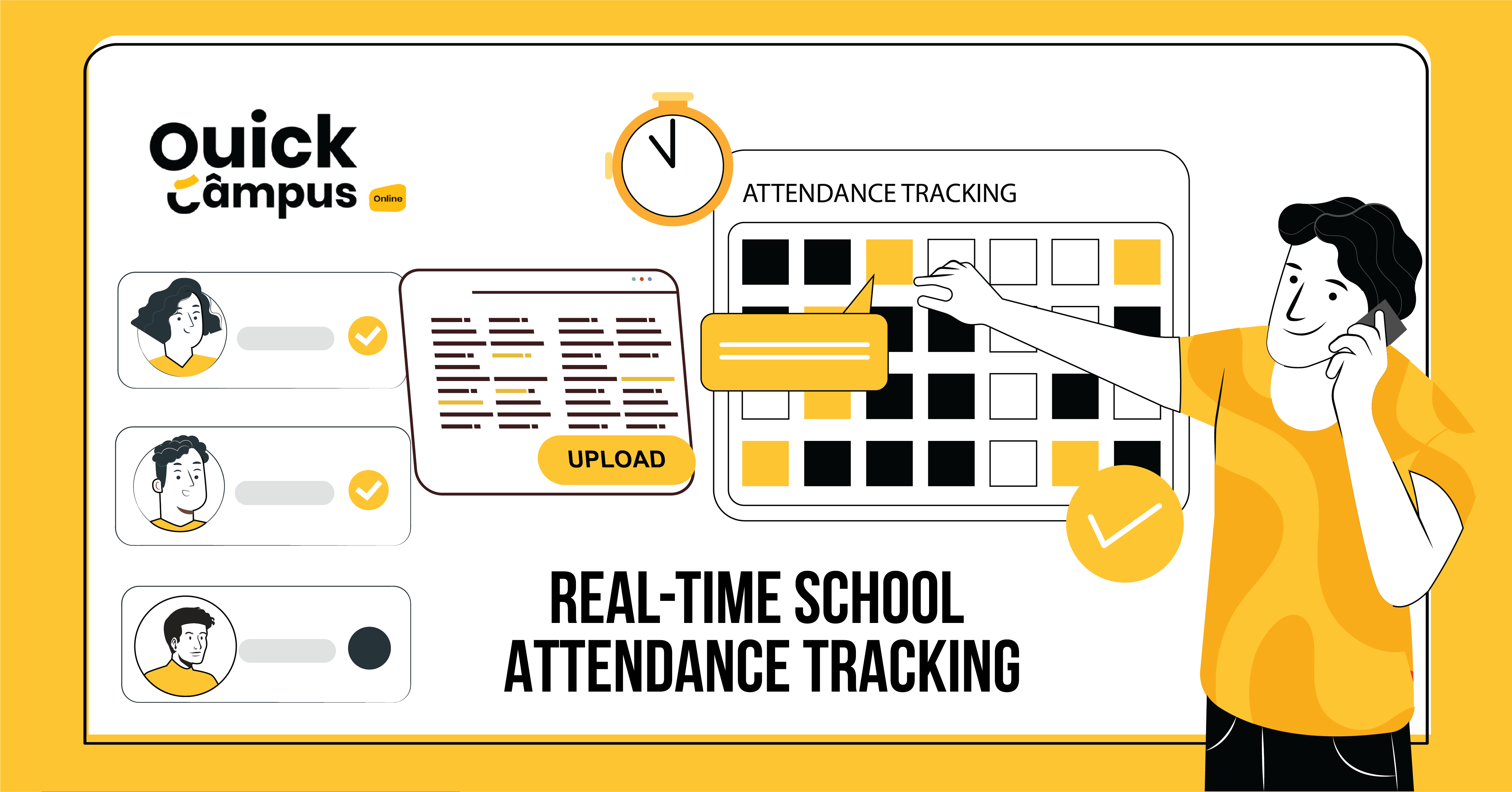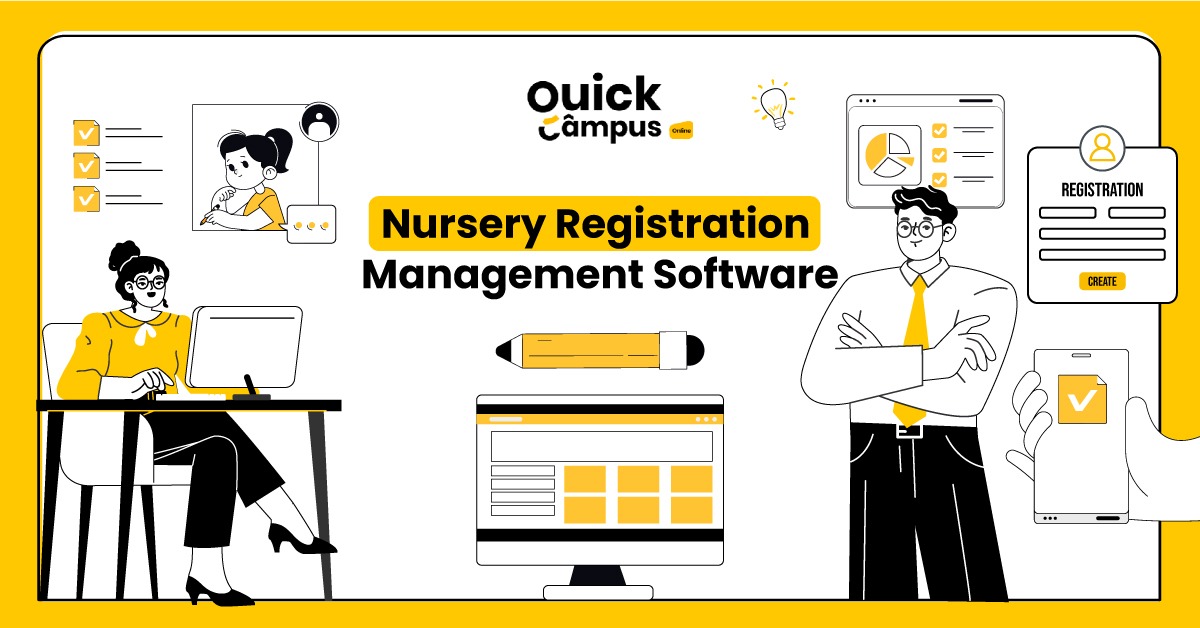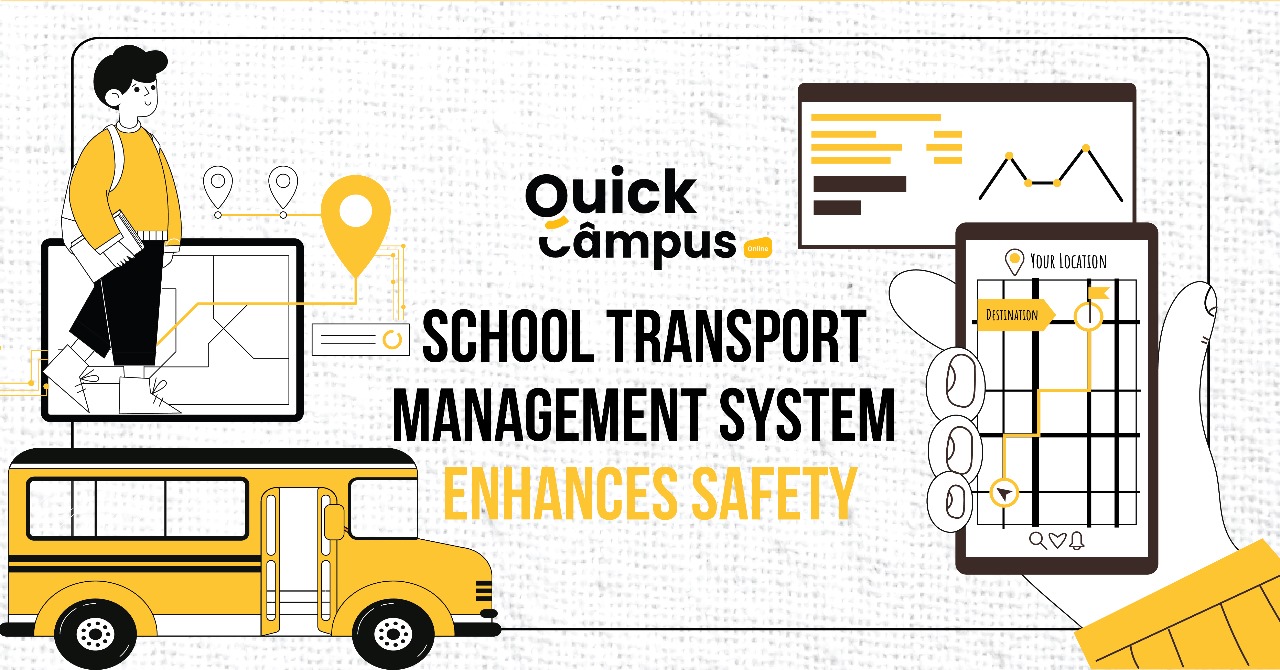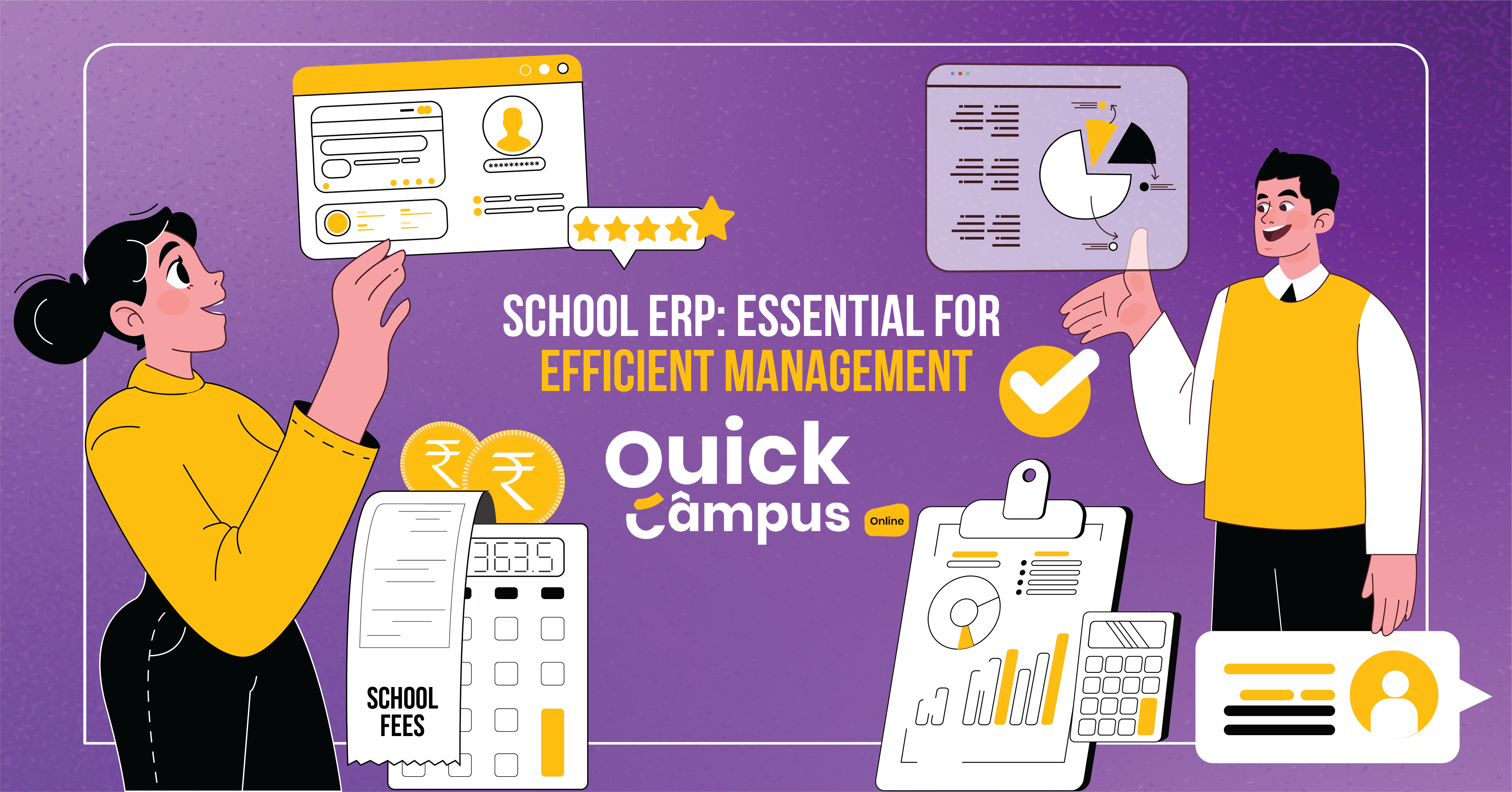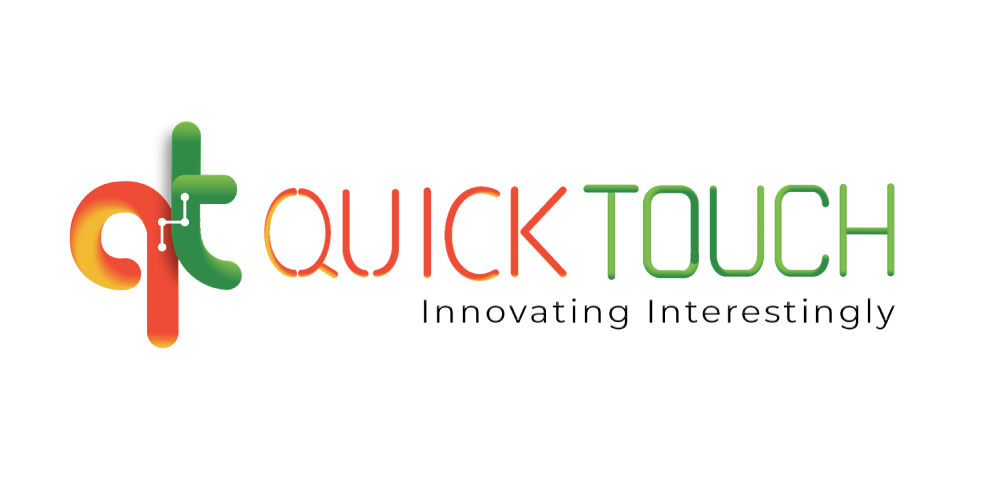6 Major Skills In Micro-Teaching
Today, we’re diving deep into the world of micro-teaching. This blog will help you uncover the essential skills for effective classroom instruction. It doesn’t matter if you’re an experienced teacher or a fresher. Understanding these skills is critical when it comes to honing your craft.
It also creates engaging learning experiences for your students. So, let’s roll up our sleeves and explore the skills in micro-teaching together!
1. Lesson Planning
The first skill in micro-teaching is lesson planning. It’s the art of crafting engaging using effective micro-teaching lesson plans. These lessons should be able to meet the unique needs of each student. Effective lesson planning forms the foundation for successful teaching because it sets learning objectives and selects the most appropriate instructional materials.
Microteaching is a great educational tool for teachers. One of its crucial benefits is that it allows educators to practice and refine their lesson-planning capabilities when provided with a supportive and controlled environment. As a result, educators are empowered to experiment with various teaching methods and strategies.
Quick Campus also offers one of the best lesson planners for teachers which can be used to plan lessons on a daily, weekly, and monthly basis.
2. Instructional Delivery
Next up, we have instructional delivery. It’s the ability to communicate information and engage students effectively. It comprises the usage of clear and concise language with multimedia and visual props. In turn, instructional delivery actively engages students via questioning, discussions, and practicals.
Microteaching lets teachers showcase their instructional delivery skills in front of cohorts of peers or even mentors. As a result, they get to know how well they performed and ask for support to enhance the effectiveness of their teaching.
3. Classroom Management
Yet another crucial skill in micro-teaching and one of the major duties of a class teacher is classroom management. It’s the ability to build a learning environment filled with positivity and productivity to make students feel safe, respected, and engaged. By doing so, educators get to set clear expectations for behavior, establish routines and procedures, and effectively optimize student behaviors and how they mingle.
Microteaching offers educators an opportunity to practice classroom management techniques and strategies. That way, educators gain the confidence and competence to handle various classroom situations.
4. Student Engagement
Having students actively involved and interested is vital for effective learning. This micro-teaching skill focuses on using techniques like flipped classrooms that captivate students’ attention, pique their curiosity, and encourage participation.
By promoting engagement, teachers can create a dynamic and interactive learning environment where students are motivated to explore and retain the material.
5. Time Management
Proper time management is an indispensable micro-teaching skill that contributes to well-structured and organized lesson delivery. It involves carefully allocating time for each instructional component, seamlessly transitioning between activities, and ensuring that all crucial topics are covered within the designated timeframe.
Effective time management not only maximizes learning opportunities but also instills a sense of discipline and improves communication between teachers and students.
6. Assessment and Feedback
Last but not least, we have assessment and feedback. It’s the process of assessing how students learn and offering constructive feedback to help them grow and develop. This includes designing and administering evaluations, monitoring student performance data, and providing meaningful feedback in real time.
Microteaching allows teachers to evaluate student learning via observation, questioning, and various formative assessment methods. Also, feedback from peers and mentors helps educators improve their teaching practice.
The Student Result Management system of Quick Campus is one of the best tools that simplifies grading, analysis, and feedback delivery.
Wrapping Up
Whether you are new to teaching, at the beginning of your journey, or a seasoned educator, upskilling is vital to acquire proficiency in these abilities. These skills will help create productive learning opportunities for your students.
it is worthwhile with a building capacity programme to seize the chance to engage in micro-teaching to refine and develop your teaching capabilities. You can unleash your potential as an educator by dedicating yourself, engaging in regular practice, and maintaining a constant growth mindset. In doing so, you will not only leave a lasting impact on your students but also contribute to shaping their lives in a positive and meaningful way.

